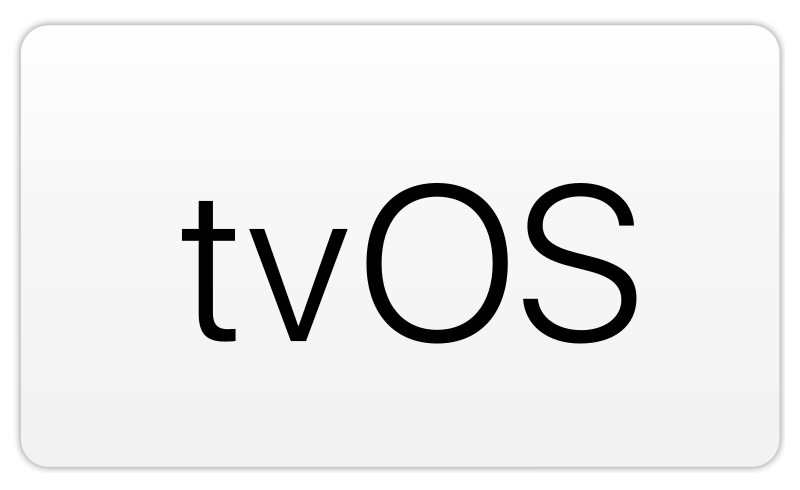Third-Party Game Sales Lag at Launch of Nintendo Switch 2, Reports Indicate

The launch of the Nintendo Switch 2 has reportedly not met expectations for third-party game developers, with early sales data indicating a strong preference among consumers for first-party titles. According to a report from The Game Business published on June 20, 2025, the sales figures revealed that a significant 86% of physical game sales in the UK during the launch week consisted of first-party offerings, such as the popular 'Mario Kart World' bundle. This trend raises concerns about the market viability for third-party games on the new console.
Developers have expressed frustration over the performance of their titles, with one unnamed third-party publisher stating that sales were 'below our lowest estimates.' The lack of critical reviews prior to the console's launch, attributed to Nintendo's decision not to distribute the console to media outlets for review, may have played a role in the subdued consumer response to third-party offerings. As noted in the report, potential buyers lacked the necessary information to make informed purchasing decisions regarding these games.
Furthermore, the competitive landscape complicates matters for third-party developers. Many Switch 2 owners also possess other gaming consoles, such as Xbox and PlayStation, where they can access a broader library of third-party titles. This trend is compounded by the fact that certain older games, which have been updated for the Switch 2, may not incentivize gamers to seek alternatives. For instance, titles like 'Violet' remain playable on the new hardware, diminishing the necessity to explore new third-party options.
Cost is another critical factor influencing purchasing behavior. As highlighted by Screen Rant, the price point for many third-party games is relatively high, which may deter consumers who have already invested significantly in the Switch 2 itself. The transition to 'Game Key Cards' for some titles has also faced criticism, as gamers typically favor the straightforward plug-and-play experience that the Nintendo Switch platform offers.
Despite these challenges, some notable third-party companies, including Microsoft, Sega, Ubisoft, and Konami, have expressed their support for the console ahead of its launch. However, the overall reception of their games during this critical launch period serves as a cautionary tale regarding the reliance on established franchises in an evolving gaming market.
In conclusion, while the Nintendo Switch 2 has generated considerable buzz, the lukewarm reception of third-party games raises questions about the sustainability of this segment in the future. As the gaming landscape continues to shift, stakeholders will need to adapt their strategies to align with consumer preferences and market dynamics. The implications of this trend could shape the future of game development and sales on the platform, as developers seek to understand and address the factors that influence player choices.
Advertisement
Tags
Advertisement





